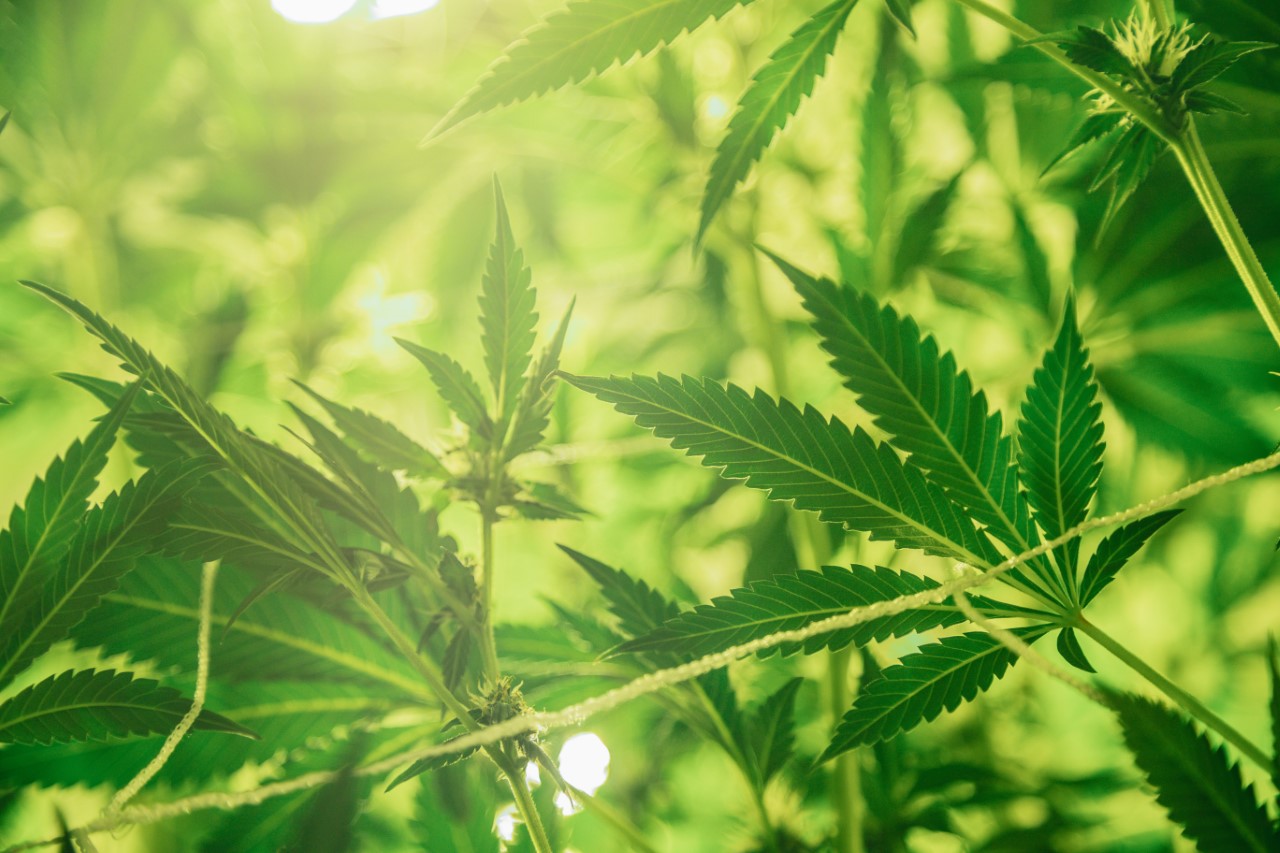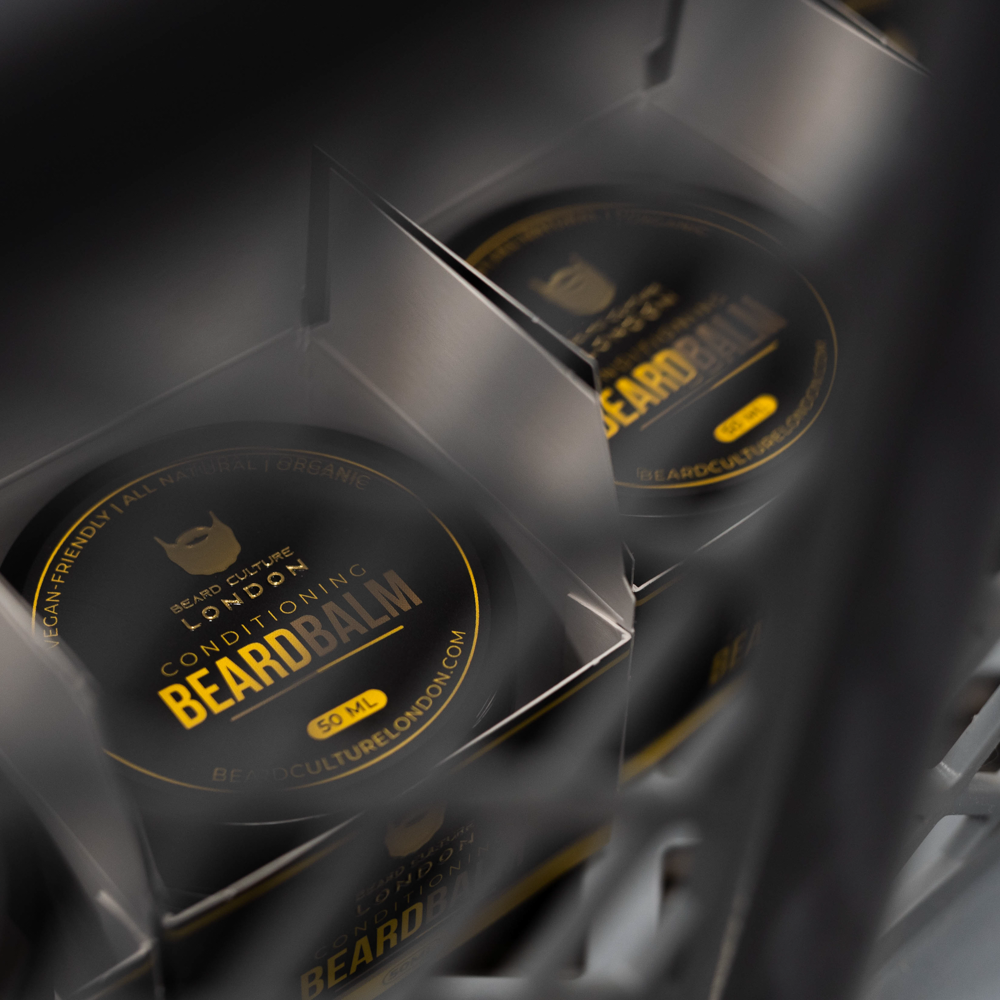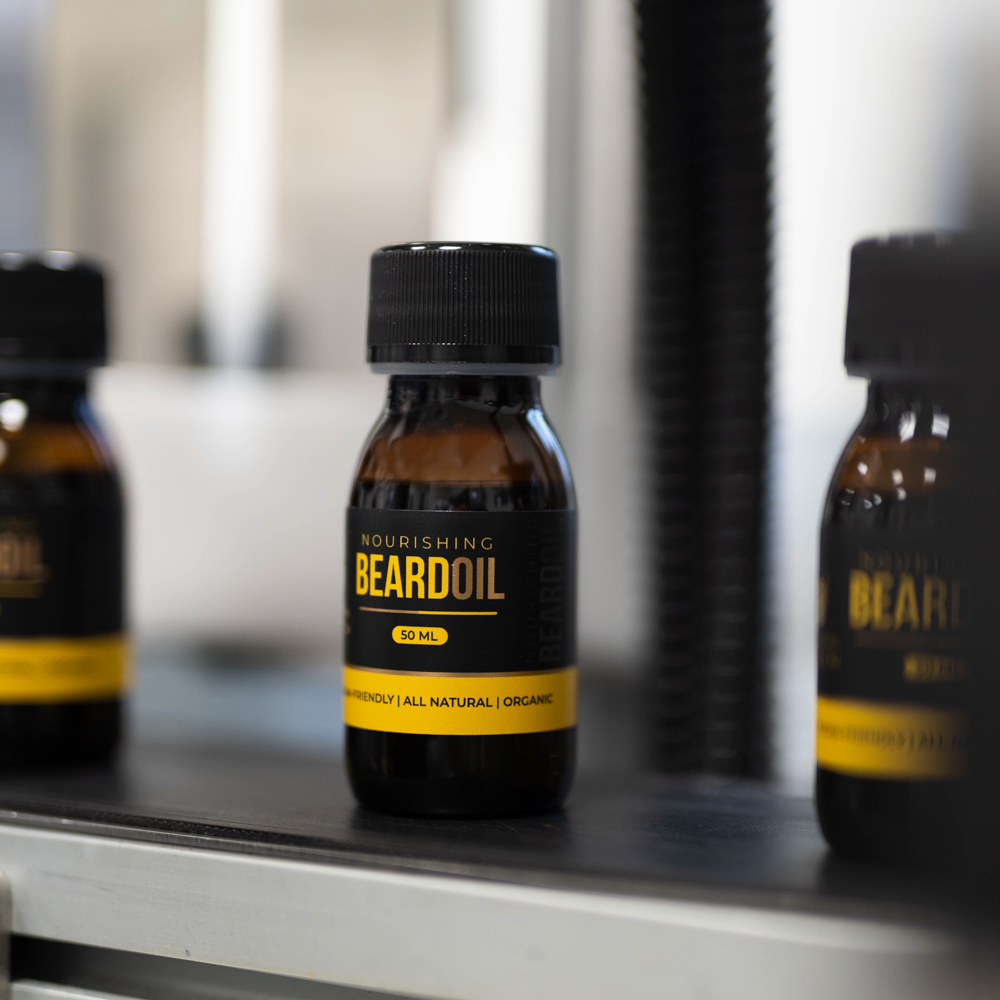The use of hemp seed originates in Asia, with the first documented reports of hemp’s existence dating back over thousands of years to Old China. The Indian writings, which are some of the oldest documents in the world, praise hemp as a powerful resource which could do anything from provide good health, to opening the path to the Gods. It is assumed that hemp was the first grown crop in the old Japanese culture of Jōmon, circa 5600 BC.
Mentions of hemp can also be found in ancient Sanskrit manuscripts, where the hemp seed is called the food of the Gods and the source of life. In Nepal, the oil from locally grown and pressed hemp seeds was the only source of domestic edible oil. Nomadic tribes such as the Altay people of ancient Russia grew hemp as a source of food and oil. Several hundred years later, Christopher Columbus brought hemp seeds to the Native Americans.

The great 16th century French writer and humanist Jean Francois Rabelais also mentioned hemp in his writings, calling it the “vegetable queen of the world” and citing that it was used in many meals around the world.
As such, Hemp was utilised in cooking in many cultures around the world. Nevertheless, just one lie claiming it had harmful effects was enough to make the whole story collapse like a house of cards.
The destruction of the positive reputation of hemp began in 1937, when the private interests of the timber company owners and newspaper magnates with eminent interest in the paper industry caused them to spread harmful rumours about the plant. Because hemp provided more pulp for paper than wood, the dirty war between the commercial interests of the individuals and common sense began. A damning mass campaign was launched, which continues to affect millions of people to this day.
Despite hemp’s long history of success, this propaganda caused it to become prohibited. Its usage as food, fibre, paper, fuel and medicine was suddenly ignored – now the world knew it only as marijuana – an aggressive drug. Presently, the cultivation of hemp seeds is strictly controlled, but the time has come for hemp to make a return and become a part of our everyday life.
Mentions of hemp can also be found in ancient Sanskrit manuscripts, where the hemp seed is called the food of the Gods and the source of life. In Nepal, the oil from locally grown and pressed hemp seeds was the only source of domestic edible oil. Nomadic tribes such as the Altay people of ancient Russia grew hemp as a source of food and oil. Several hundred years later, Christopher Columbus brought hemp seeds to the Native Americans.

The great 16th century French writer and humanist Jean Francois Rabelais also mentioned hemp in his writings, calling it the “vegetable queen of the world” and citing that it was used in many meals around the world.
As such, Hemp was utilised in cooking in many cultures around the world. Nevertheless, just one lie claiming it had harmful effects was enough to make the whole story collapse like a house of cards.
The destruction of the positive reputation of hemp began in 1937, when the private interests of the timber company owners and newspaper magnates with eminent interest in the paper industry caused them to spread harmful rumours about the plant. Because hemp provided more pulp for paper than wood, the dirty war between the commercial interests of the individuals and common sense began. A damning mass campaign was launched, which continues to affect millions of people to this day.
Despite hemp’s long history of success, this propaganda caused it to become prohibited. Its usage as food, fibre, paper, fuel and medicine was suddenly ignored – now the world knew it only as marijuana – an aggressive drug. Presently, the cultivation of hemp seeds is strictly controlled, but the time has come for hemp to make a return and become a part of our everyday life.
Check this out
Our Organic, All-Natural, Vegan product range is powered by the finest natural premium ingredients made from natural hemp plant extract.
Unlike other brands, we create our products in a Pharmaceutical Grade, ISO regulated, GMP manufacturing facility and all of our products are dermatologically tested. Our CBD products are all 3rd party lab tested and certified.
Help us to build an archive of men’s grooming tips, articles, interviews, health and fitness info and so much more. Drop us an email if you would like to contribute to our journal.



